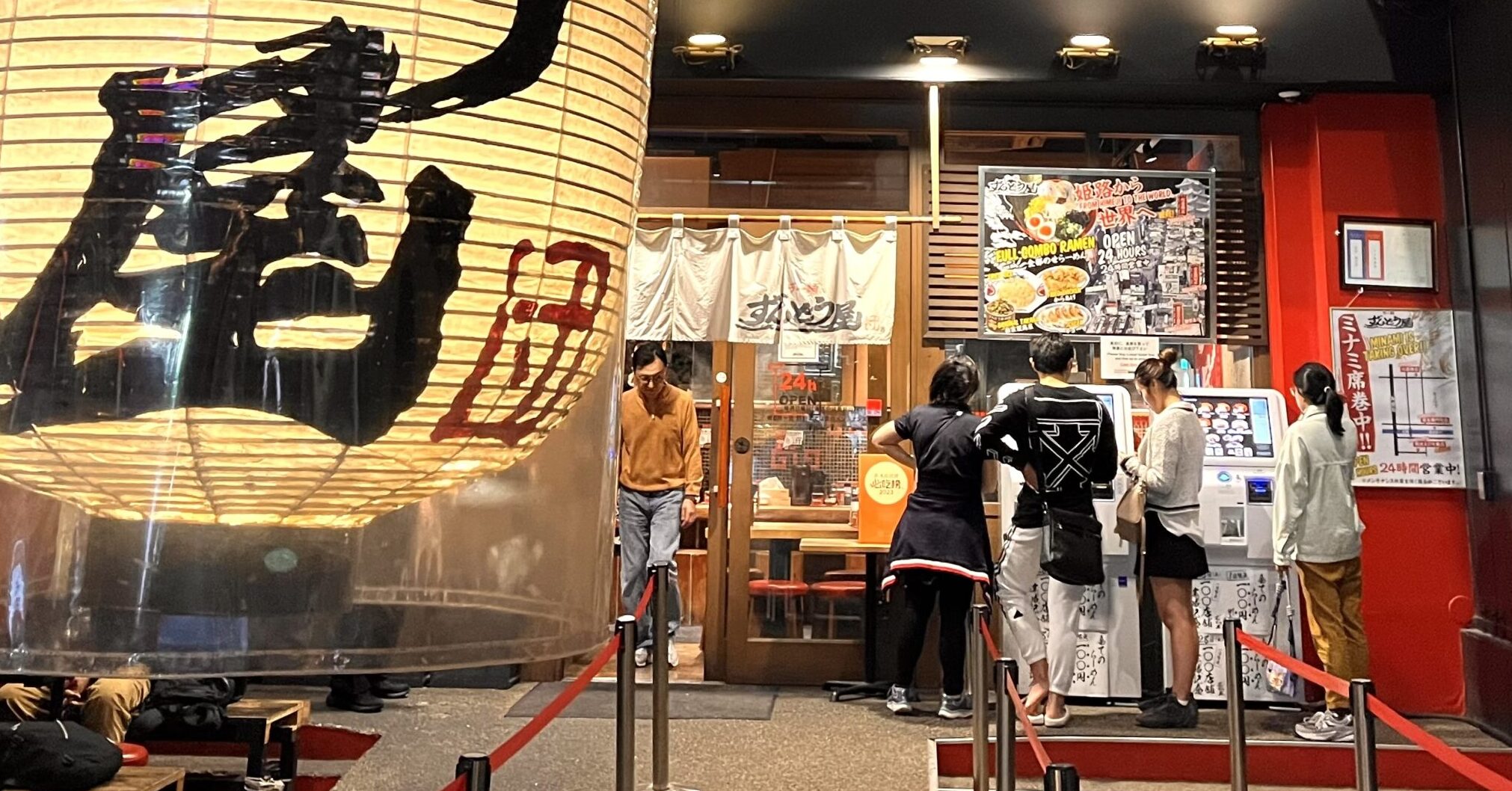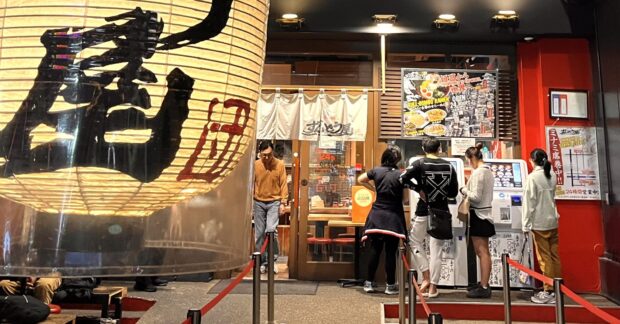With many Filipinos living and/or working overseas, their relatives and friends have been victimized by scams involving packages supposedly sent by the OFWs.
A colleague recently got an e-mail, purportedly from DHL, about a “package.” The e-mail said the package could not be delivered “due to address discrepancy.” The e-mail, signed by the DHL Express Team, instructed our colleague to “download attached file and print out the mailing label to enable you collect (sic) your package at the nearest DHL office.”
The e-mail explained the requirement: “Due to Internet security DHL now uses authentication for its tracking numbers. Please Click Here to authenticate and view your documents and tracking number.”
As she was not expecting any package, our colleague knew immediately it was a scam. Still, she checked with DHL and was told that several people had also been taken in by the fake e-mail.
A former officemate was visited at her office by a person who was “kind” enough to bring a package sent by her younger sister in Canada. The guy treated her so familiarly, he even bussed her when they met and called her tita.
Fortunately, she remembered she had not told her sister about her new office and its telephone number. The sister vehemently denied sending anything through anybody.
So, before getting excited about any package, verify with the sender if he/she really sent something and how.
Old-fashioned con
A former classmate said two men showed up at her house offering to check her liquefied petroleum gas (LPG) tank. She was so worried about fires caused by LPG tanks that she let the men “do their job.”
They “found” a cut in the hose connecting the tank to the stove and charged P5,000 to replace it.
A retired public school teacher said a young man showed up in her classroom before her students arrived and told her the principal wanted to see her. Several other teachers were told the same thing. They hastily left their rooms, leaving their purses behind, and rushed to the office of the principal, who was so surprised to see them. When the teachers returned to their rooms, their bags were gone.
A woman, after withdrawing a sizeable amount of cash from a bank, walked to a nearby grocery to buy some things. Inside she was greeted by a couple who told her in Filipino they knew her child. The woman immediately assumed they were talking about her daughter (in Filipino, a child is simply anak) working in Qatar—she gave that information to the couple who, not surprisingly, agreed it was the young woman that they knew. They managed to get her into their car to show her some merchandise they “brought home” that she might be interested in.
While in the car, another woman showed up. She was “upset” because she could not find the brand of sardines she was looking for. The couple offered to bring the second woman to another supermarket and persuaded the first woman to go with them.
Fortunately, when they got to the next store, the first woman suddenly realized something was terribly wrong. She insisted to her daughter’s “friends” she had to go to the bathroom. After she got away, she asked the store’s security guard for assistance.
A Manila City Hall employee said a good-looking man flashed a broad grin as he approached her. She smiled back assuming he was an acquaintance she met at her office. As soon as he got close, he snatched her expensive necklace.
Send letters to The Consumer, Lifestyle Section, Philippine Daily Inquirer, 1098 Chino Roces Ave. cor. Mascardo and Yague Sts., 1204 Makati City; fax 8974793/94; or e-mail [email protected].













































